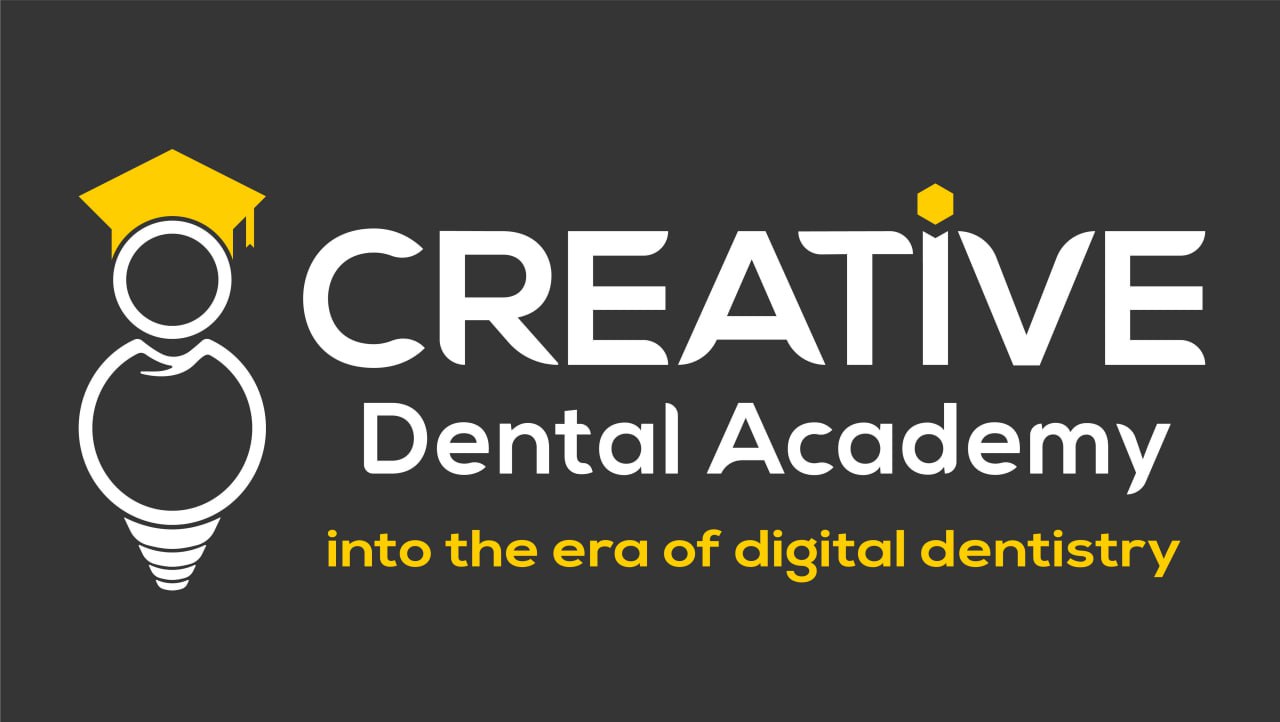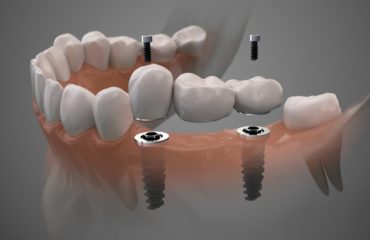Embarking on a journey towards a career in dentistry can be a thrilling and rewarding choice. The field not only offers the joy of enhancing oral health but also provides lucrative financial rewards. Let’s navigate through what it takes to turn this dream into reality.
Starting Your Dental Career Journey
The first step to becoming a dentist is committing to your education. Most dental schools mandate a bachelor’s degree for admission, though a few offer early entry options. In the U.S., there are 72 accredited dental schools, most with a four-year curriculum. A bachelor’s degree in any field is acceptable, but you’ll need to meet specific pre-dental requirements.
Dental schools look for a well-rounded application. This includes good scores in the Dental Admissions Test (DAT), strong letters of recommendation, a personal statement, and relevant extracurricular activities. Once you graduate, you’ll earn either a DDS or DMD degree, both holding equal value and recognition.
The Challenges of Dental School
Entering the world of dentistry is not without its challenges. The road involves rigorous academic requirements, a substantial financial commitment, and a competitive application process. Only about 55% of applicants are accepted into dental schools annually. To stand out, aim for a high GPA and strong DAT scores, typically around 3.5 and 20 respectively. Additionally, consider engaging in research projects or opportunities to write papers related to dental topics. These experiences can demonstrate your commitment to the field and contribute to a stronger application.
Gauging Your Chances of Acceptance
If your GPA hovers at or below the average, don’t lose hope. Dive into the data from ADEA for first-time enrollees for insights. Those with higher GPAs tend to have better chances, but remember, determination and hard work can significantly improve your prospects.
The Timeline to Become a Dentist
Generally, it takes about eight years to become a dentist – four years for a bachelor’s degree and another four for dental school. If you’re keen on specializing, add a few more years for residency training. Direct dental programs can shorten this timeline, often combining undergraduate and dental education.
Specializing in Dentistry
Dentistry offers a range of specialties recognized by the ADA, from orthodontics to prosthodontics. Specializing requires additional residency training, which varies in length and may come with a stipend or tuition fees.
Advice for High School Students
If you’re in high school and dentistry piques your interest, start preparing early. Shadow dentists, excel in science courses, engage in meaningful extracurricular activities, and contribute to your community. These steps not only build your resume but also develop essential skills for your future career.
Final Thoughts
The journey to becoming a dentist is long but fulfilling. Focus on your studies, especially in the sciences, and get involved in activities that hone your skills for a dental career. When it’s time to apply to dental school, you’ll be well-equipped with the experiences and knowledge needed to excel in the field.


